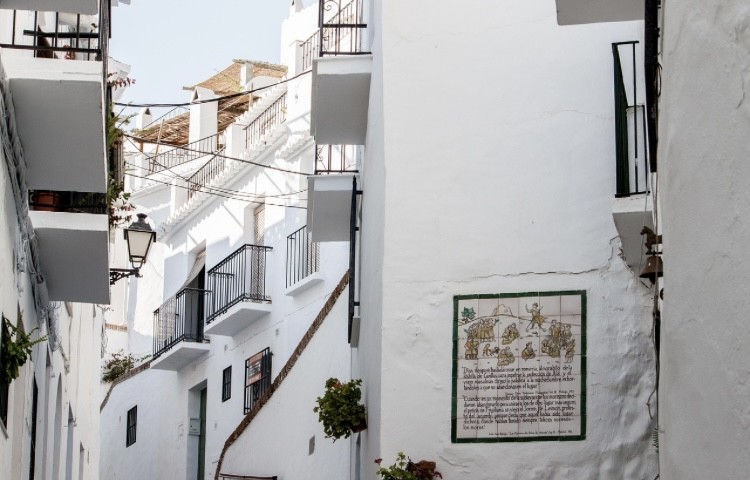
In a bold move aimed at tackling a worsening housing shortage, Spain has ordered over 65,000 holiday rental listings on Airbnb to be removed.
This crackdown reflects mounting concern over the role of short-term rentals in pushing up prices and reducing affordable housing for local residents. The decision marks a significant step in Spain's ongoing effort to regulate a sector seen by many as a key factor in the country's housing crisis.
The Scope of the Crackdown
On 19 May 2025, Madrid's Consumer Rights Ministry announced that Airbnb must withdraw more than 65,000 listings for holiday rentals. These listings are said to breach existing rules, mainly because they lack proper licence numbers or fail to clearly specify ownership details. Most of these properties do not provide evidence that they are authorised to rent out, and a significant number do not include the necessary licences at all.
The move is part of a wider effort to curb what authorities describe as the 'lack of control' and 'illegality' in the holiday rental sector. Consumer Rights Minister Pablo Bustinduy stated, 'No more excuses. Enough with protecting those who make a business out of the right to housing in our country.' He emphasised that the government's goal is to prioritise housing for residents over short-term profits for rental businesses.
What Does Airbnb Have to Say?
Airbnb has already announced plans to appeal the decision. A company spokesperson argued that the government might lack the legal authority to issue such rulings and criticised the ministry for not providing a clear, evidence-based list of non-compliant properties. They also pointed out that some of the delisted listings are seasonal or non-touristic, and not necessarily subject to the same rules.
Madrid's high court is reportedly backing the removal of roughly 5,800 listings, supporting the government's stance. However, Airbnb claims that many hosts do not need licences to rent out their properties, and that the ministry's actions overlook court rulings that define the platform as a digital marketplace rather than a real estate operator.
Context: Housing Shortages and Rising Prices
The crackdown is driven by Spain's long-standing housing issues. Since a real estate bubble burst over 15 years ago, construction has lagged behind demand, leading to a persistent shortage of affordable homes. Official figures show that, as of November 2023, around 321,000 homes had holiday rental licences—a 15% increase from 2020.
Many more properties operate without official authorisation, further complicating efforts to regulate the market.
Public frustration has risen over rising rents and home prices. In cities like Barcelona and Madrid, residents have protested against what they see as an unchecked proliferation of short-term rentals squeezing out long-term tenants. Last year, Barcelona introduced a plan to phase out all 10,000 licensed holiday apartments by 2028, prioritising permanent residents' housing needs.
Government Measures
This latest national crackdown aligns with other measures across Europe. Countries such as Croatia and Italy have also moved to restrict holiday rentals, recognising their impact on housing availability. The Spanish government's efforts include plans to increase taxes on income from holiday rentals, as announced by Prime Minister Pedro Sánchez in January 2024.
In Madrid and beyond, local authorities continue to grapple with balancing tourism's economic benefits against the need for affordable, stable housing. The move to delist thousands of rentals signals a shift towards tighter controls, even as platforms like Airbnb dispute the government's authority and legal basis.
While the government aims to curb illegal listings and ease housing shortages, Airbnb and other platforms are expected to challenge these measures in court. For now, thousands of properties face removal, and residents are watching closely as Spain seeks to reshape its housing landscape.
Originally published on IBTimes UK















